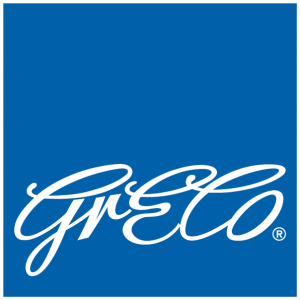Special features of Insurance in Slovenia

Damir Pelak, General Manager and Jurij Rožej, Head of International Business at GrECo Slovenia talk about the exceptional COVID-19 year, a well-developed insurance market and some specifics of taxes in Slovenia.
A recap on insurance in Serbia

Dušanka Talić, General Mager and Valentina Stokić, Head of Risk and Insurance Technics of GrECo Serbia talk about a demanding local administration, life insurance and the importance of construction and infrastructure projects.
Insurance in Bulgaria to the point

Hristo Charkov, General Manager of GrECo Bulgaria, talks about foreign direct investments, fair competition and our multi-lingual team in Bulgaria.
The quintessence of insurance in Latvia

Lauris Kļaviņš, Head of Corporate and International Sales, Zane Dreifelde, Account Manager and Aigars Milts, CEO of the GrECo subsidiary IIZI in Latvia talk about the young legal system, the lack of specialists and the Employee Benefits business.
A comprehensive guide to insurance in Poland

Paweł Paluszyński, General Manager of GrECo Polska talks about the Poland as a coal country, the large number of mandatory insurance and the focus on specialty insurance.
The essentials of insurance in Slovakia

Andrej Borot, General Manager and Pavol Gašpar, Account Manager for international clients at GrECo Slovakia talk about the development of Slovakia into an industrialised country, the strong social security system and the biggest claim in the history of insurance
Insurance in Croatia in a nutshell

Robert Fućak, General Manager of GrECo Croatia talks about the growth driver tourism, the importance of local service and the growing broker business.
A crash cours on insurance in Romania

Eduard Simionescu, General Manager of GrECo Romania talks about corruption and other obstacles, the domination of motor insurance and the necessity of IT solutions in insurance.
Characteristics of insurance in Hungary

Béla Argay, General Manager, Zoltán Mezős Head of Domestic Business and Zsolt Tóth, Head of International Business at GrECo Hungary talk about developments in Hungary, the lack of a social health system and how they deal with insurance market security.
Insurance in Czech Republic from A to Z

iri Kulas, General Manager and Pavel Mazanec, Head of the International Department of GrECo Czech Republic talk about the world’s best country for cross-border trade, specifics of health insurance and the high percentage of insurance brokers.








